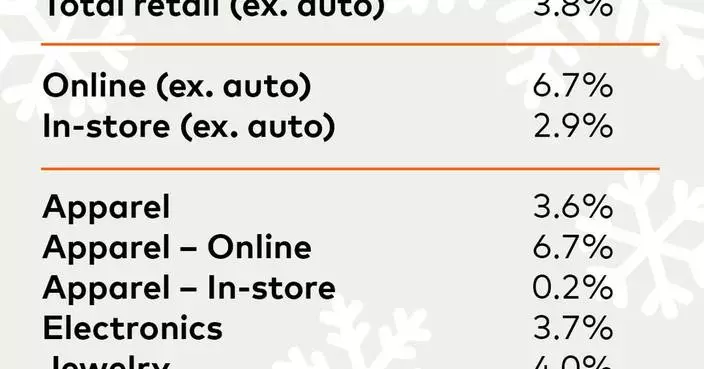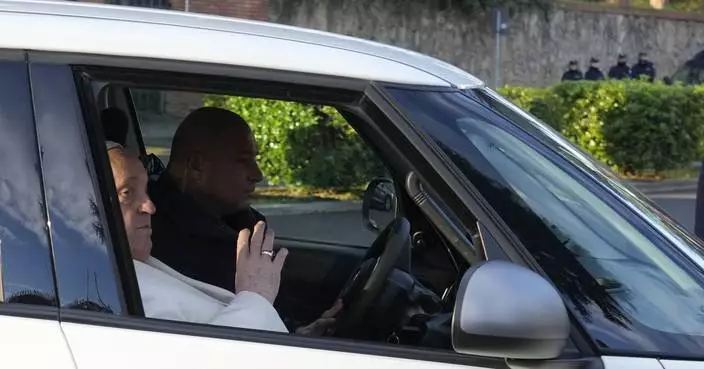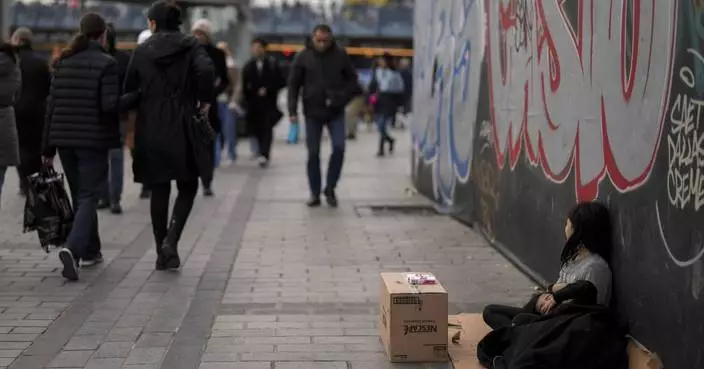N'DJAMENA, Chad (AP) — Boko Haram insurgents killed 17 Chadian soldiers in a weekend attack on a military post that also left 96 of the assailants dead in the country's west, Chad's army said.
The attack in the Lake Chad region happened on Saturday, army spokesperson Gen. Issakh Acheikh said on national television Sunday night. He did not provide details.
The Lake Chad region has been plagued this year by frequent attacks from insurgents, including Boko Haram and the Islamic State in West Africa. It has revived fears of violence after a period of peace following a successful operation launched in 2020 by the Chadian army to destroy the extremist groups' bases.
Last month, 40 soldiers were killed during an attack on a military base, prompting President Mahamat Deby Itno to launch an operation to dislodge Boko Haram militants from Lake Chad. In March, an attack the government blamed on Boko Haram killed seven soldiers.
Boko Haram, which launched an insurgency more than a decade ago against Western education, seeks to establish Islamic law in Nigeria’s northeast. The insurgency has spread to West African neighbors including Cameroon, Niger and Chad.
Chad, a country of nearly 18 million people, has been reeling from political turmoil before and after a controversial presidential election that resulted in Deby Itno’s victory. He had led the country as interim president during the period of military rule that followed the death of his father in 2021.
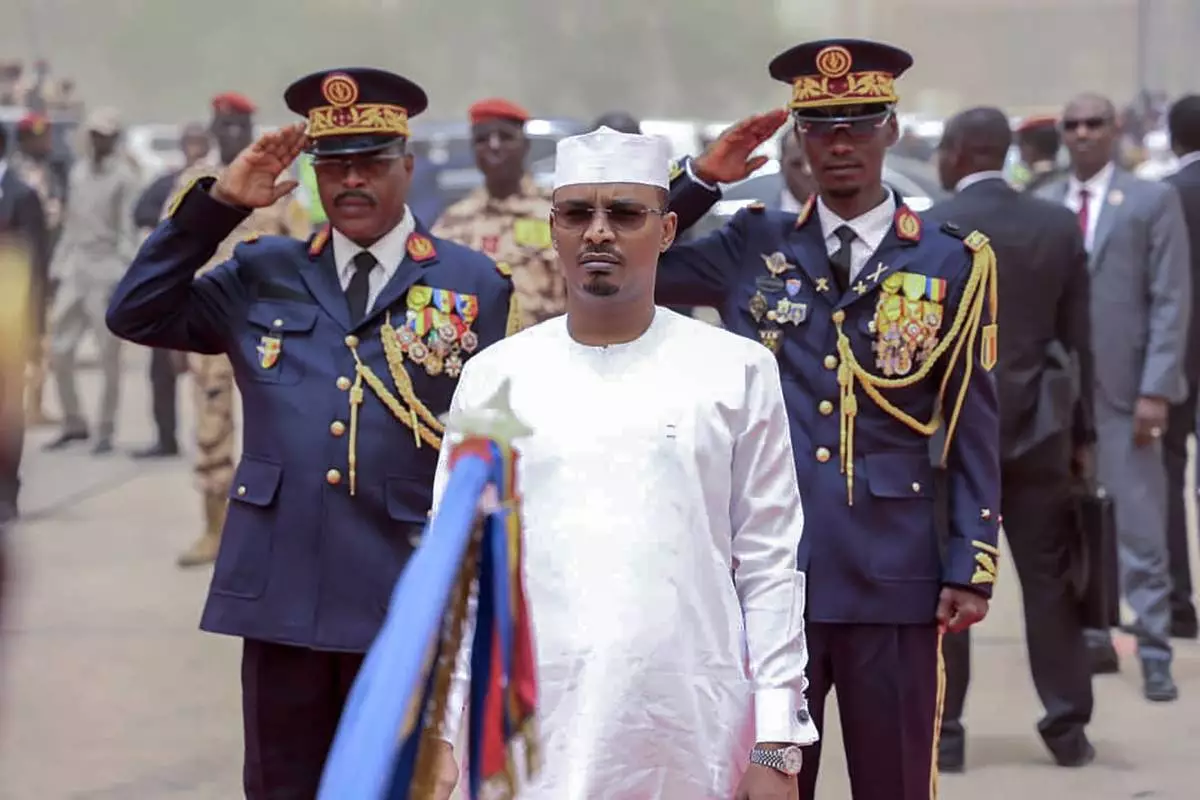
FILE - Chadian President Mahamat Deby Itno participates in his inauguration ceremony in N'djamena, Chad, Thursday, May 23, 2024. (AP Photo/Mouta Ali, File)
ATLANTA (AP) — Republicans plan to move quickly in their effort to overhaul the nation’s voting procedures, seeing an opportunity with control of the White House and both chambers of Congress to push through long-sought changes that include voter ID and proof-of-citizenship requirements.
They say the measures are needed to restore public confidence in elections, an erosion of trust that Democrats note has been fueled by false claims from President-elect Donald Trump and his allies of widespread fraud in the 2020 election. In the new year, Republicans will be under pressure to address Trump’s desires to change how elections are run in the U.S., something he continues to promote despite his win in November.
The main legislation that Republicans expect to push will be versions of the American Confidence in Elections Act and the Safeguard American Voter Eligibility Act, said GOP Rep. Bryan Steil of Wisconsin, chair of the Committee on House Administration, which handles election-related legislation. The proposals are known as the ACE and SAVE acts, respectively.
“As we look to the new year with unified Republican government, we have a real opportunity to move these pieces of legislation not only out of committee, but across the House floor and into law,” Steil said in an interview. “We need to improve Americans’ confidence in elections.”
Republicans are likely to face opposition from Democrats and have little wiggle room with their narrow majorities in both the House and Senate. Steil said he expects there will be “some reforms and tweaks” to the original proposals and hopes Democrats will work with Republicans to refine and ultimately support them.
New York Rep. Joe Morelle, the ranking Democrat on the committee, said there was an opportunity for bipartisan agreement on some issues but said the two previous GOP bills go too far.
“Our view and the Republicans’ view is very different on this point,” Morelle said. “They have spent most of the time in the last two years and beyond really restricting the rights of people to get to ballots – and that’s at the state level and the federal level. And the SAVE Act and the ACE Act both do that – make it harder for people to vote.”
Morelle said he wants to see both parties support dedicated federal funding for election offices. He sees other bipartisan opportunities around limiting foreign money in U.S. elections and possibly imposing a voter ID requirement if certain safeguards are in place to protect voters.
Democrats say some state laws are too restrictive in limiting the types of IDs that are acceptable for voting, making it harder for college students or those who lack a permanent address.
Morelle said he was disappointed by the GOP’s claims in this year's campaigns about widespread voting by noncitizens, which is extremely rare, and noted how those claims all but evaporated once Trump won. Voting by noncitizens is already illegal and and can result in felony charges and deportation.
“You haven’t heard a word about this since Election Day,” Morelle said. “It’s an Election Day miracle that suddenly the thing that they had spent an inordinate amount of time describing as a rampant problem, epidemic problem, didn’t exist at all.”
Before the November election, House Republicans pushed the SAVE Act, which passed the House in July but stalled in the Democrat-controlled Senate. It requires proof of citizenship when registering to vote and includes potential penalties for election officials who fail to confirm eligibility.
Republicans say the current process relies on an what they call an honor system with loopholes that have allowed noncitizens to register and vote in past elections. While voting by noncitizens has occurred, research and reviews of state cases have shown it to be rare and typically a mistake rather than an intentional effort to sway an election.
Under the current system, those seeking to register are asked to provide either a state driver’s license number or the last four digits of a Social Security number. A few states require a full Social Security number.
Republicans say the voter registration process is not tight enough because in many states people can be added to voter rolls even if they do not provide this information and that some noncitizens can receive Social Security numbers and driver’s licenses. They believe the current requirement that anyone completing a voter registration form sign under oath that they are a U.S. citizen is not enough.
They want to force states to reject any voter registration application for which proof of citizenship is not provided. Republicans say that could include a REAL ID-compliant driver’s license, a passport or a birth certificate.
In Georgia, a perennial presidential battleground state, election officials said they have not encountered any hiccups verifying the citizenship status of its nearly 7.3 million registered voters. They conducted an audit in 2022 that identified 1,634 people who had attempted to register but were not able to be verified as U.S. citizens by a federal database.
A second audit this year used local court records to identify people who said they could not serve as a juror because they were not a U.S. citizen. Of the 20 people identified, six were investigated for illegal voting, though one of those cases was closed because the person had since died.
“What we’ve done by doing those audits is give voters confidence that we do not have noncitizens voting here in Georgia,” said Brad Raffensperger, Georgia’s secretary of state. “And when society is highly polarized, you have to look at building trust. Trust is the gold standard.”
Raffensperger, a Republican who supports both voter ID and proof of citizenship requirements, credits the state’s early adoption of REAL ID and use of automatic voter registration for ensuring voter lists are accurate. The latter is something he hopes more Republicans will consider, as he argued it has allowed Georgia election officials to use the motor vehicle agency’s process to verify citizenship and track people moving in and around the state.
“You have to get it right because you’re talking about people’s priceless franchise to vote,” Raffensperger said.
If Congress does pass any changes, it would fall to election officials across the country to implement them.
Raffensperger and Michigan Secretary of State Jocelyn Benson, a Democrat, said it would be a mistake to move the country to a single day of voting, something Trump has said he would like to see happen, because it would eliminate early voting and limit access to mail ballots. Both methods are extremely popular among voters. In Georgia, 71% of voters in November cast their ballots in person before Election Day.
Both said they hoped lawmakers would look to what is working in their states and build off those successes.
“We’ve proven time and time again in our states that our elections are secure and are accurate,” Benson said.
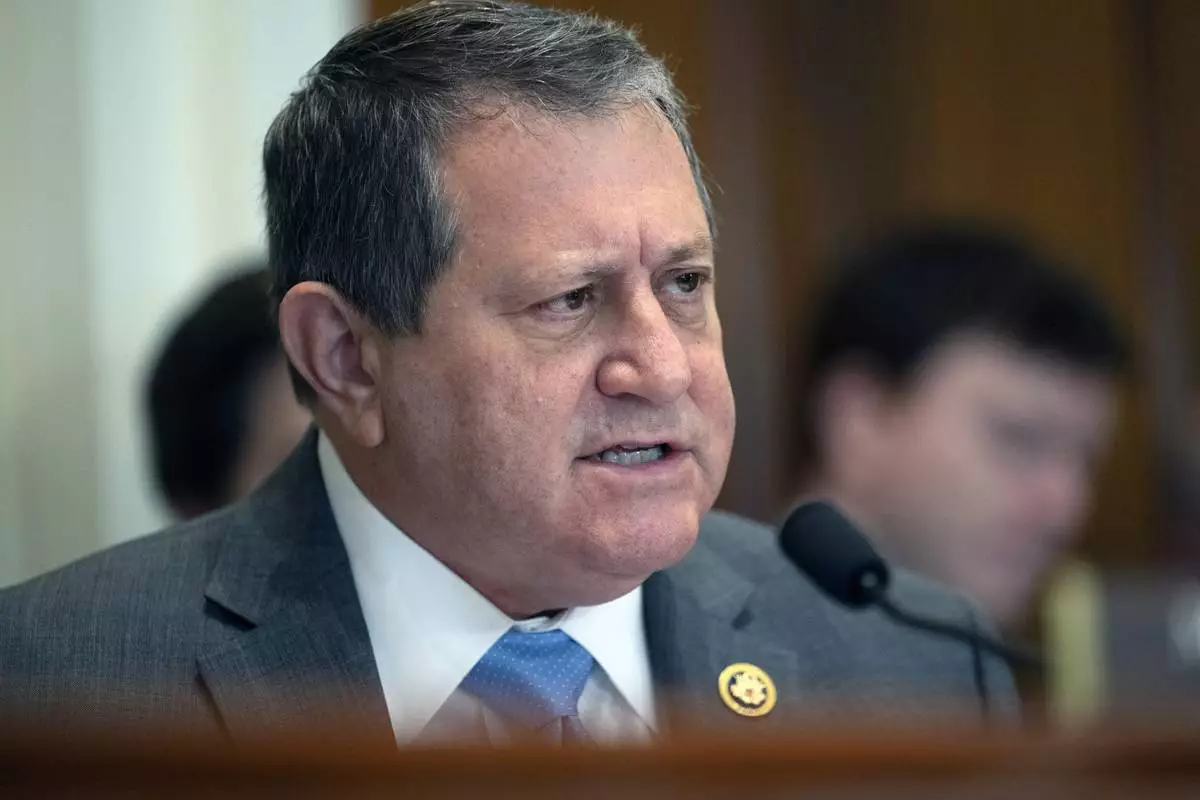
FILE - Rep. Joe Morelle, D-N.Y., questions a witness during a Committee on House Administration hearing about noncitizen voting in U.S. elections on Capitol Hill, May 16, 2024 in Washington. (AP Photo/John McDonnell, File)
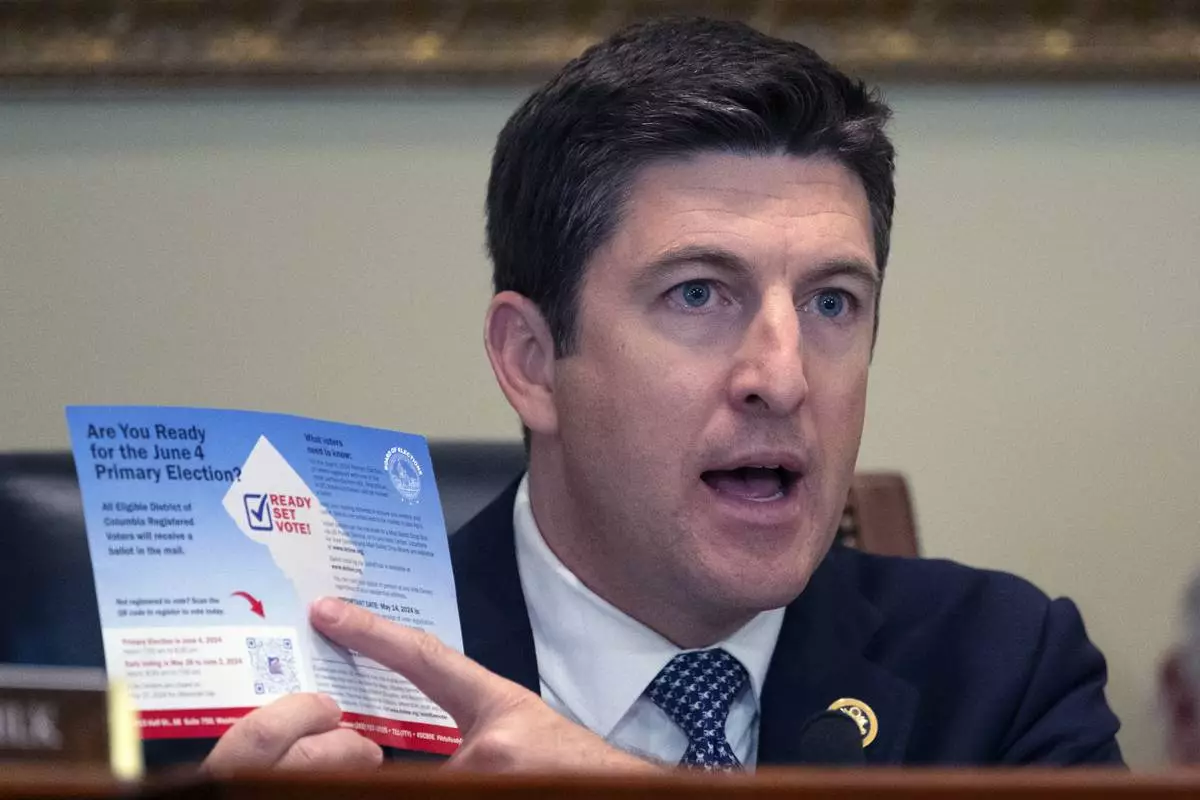
FILE - Bryan Steil, R-Wis., chairman of the Committee on House Administration, points to a election brochure for Washington, during a hearing he conducted about noncitizen voting on Capitol Hill, May 16, 2024 in Washington. (AP Photo/John McDonnell, File)
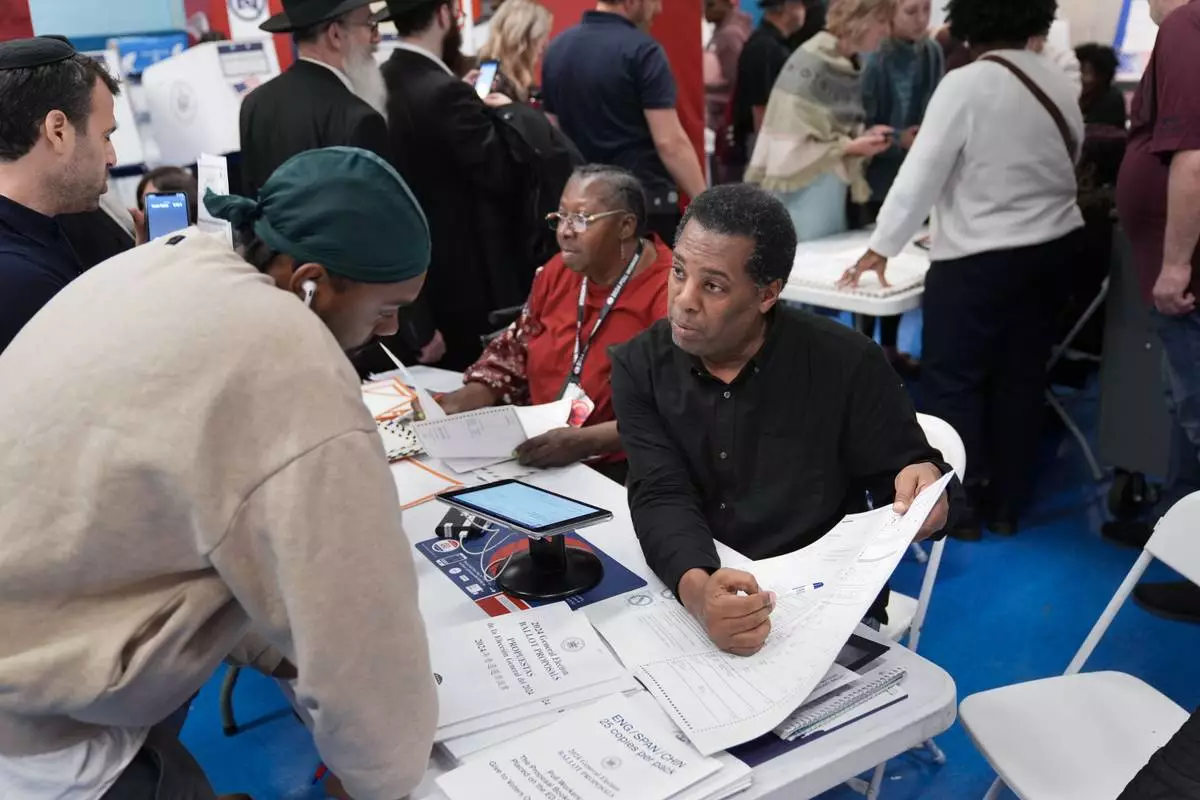
FILE - Poll workers help guide voters at a busy polling site in the Brooklyn borough of New York, Nov. 5, 2024. (AP Photo/Seth Wenig, File)
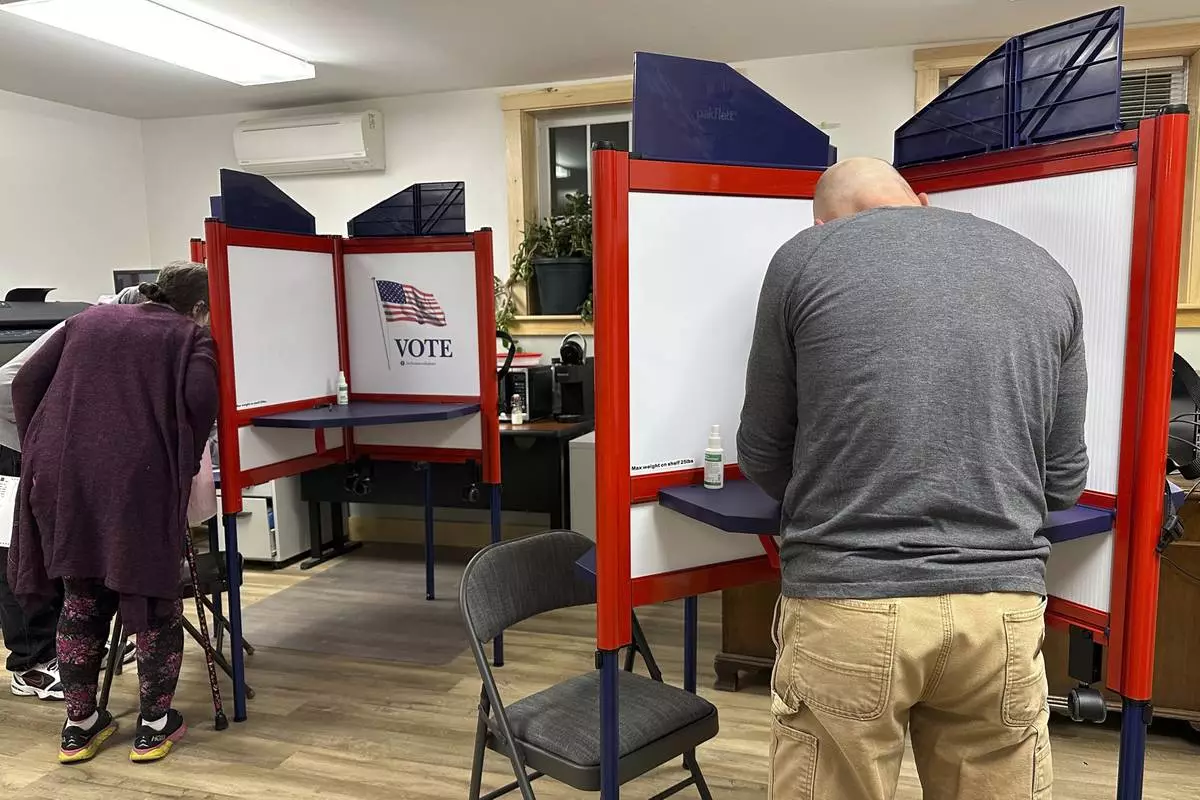
FILE - Voters fill out ballots in the municipal offices in Cabot, Vt., on Election Day, Nov. 5, 2024. (AP Photo/Lisa Rathke, File)








